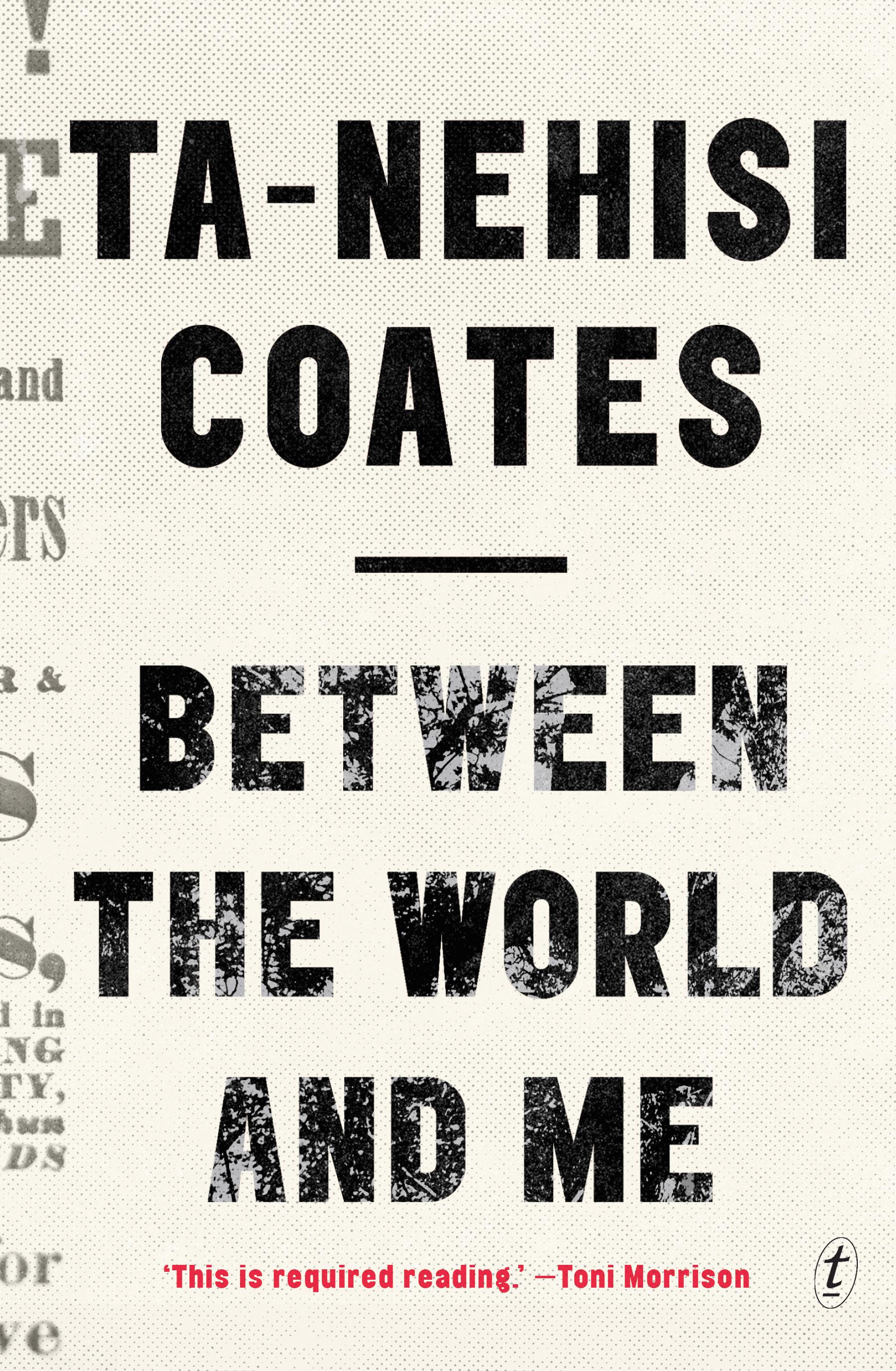Still, I can't help but hear about this:
CNN anchor Jake Tapper repeatedly asked Donald Trump on Sunday to denounce David Duke's support for his candidacy, but Trump insisted he didn't know anything about the former KKK grand wizard.
"Even if you don't know about their endorsement, there are these groups and individuals endorsing you. Would you just say unequivocally that you condemn them and you don't want their support?" he asked Trump.
But Trump again insisted again he didn't know about Duke:
I have to look at the group. I mean, I don't know what group you're talking about. You wouldn't want me to condemn a group that I know nothing about. I have to look. If you would send me a list of the groups, I will do research on them. And certainly I would disavow if I thought there was something wrong.And I can't help but think about this:
It is true that Republican leaders have previously steered clear of endorsing Birtherism. But they have also steered clear of denouncing it. Pressed to denounce Birtherism, Republicans have evaded it. (Eric Cantor: “I don't think it's an issue that we need to address at all. … I don't think it's nice to call anyone crazy.” John Boehner: “It’s not my job to tell the American people what to think. Our job in Washington is to listen to the American people.”) They danced delicately around the question because Birthers constitute an important segment of the Republican coalition they could not afford to alienate. The same logic drove Mitt Romney to publicly solicit and accept Trump’s endorsement four years ago, an event that prompted little complaint from conservative intellectuals.In both cases, the play is the same: Ignore the obvious racism of your constituency by pleading ignorance of a sort. A Venn diagram of KKK members and birthers wouldn't be a perfect circle, but it would be close enough that it's not hard to see a through line.
Again: The Republican-conservative establishment laid the groundwork for this. As Jonathan Chait said this week: "It has been a bracing experience for conservative elites to behold when the forces they have successfully harnessed for so long shake free and turn against them." Again, let us resist Trumpenfreude. But let's not kid ourselves about the foundations of it.





